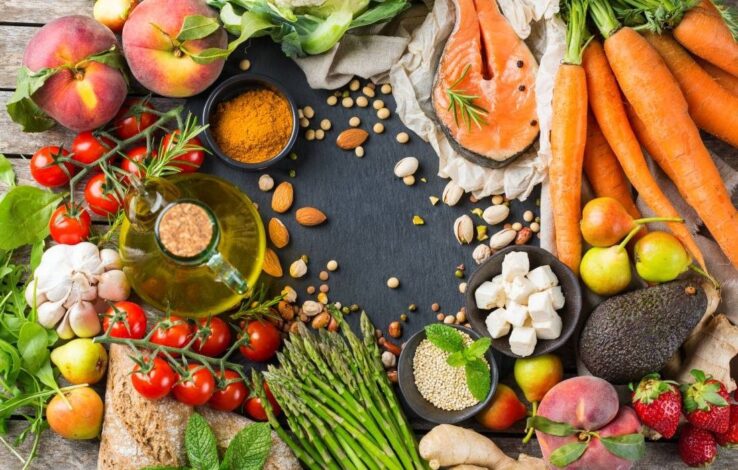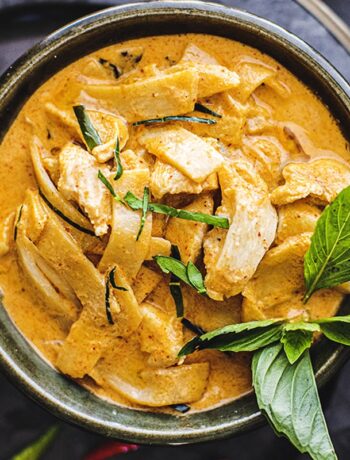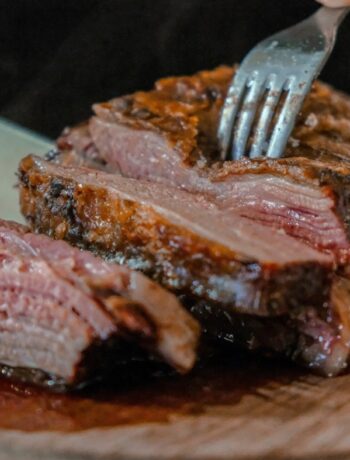As Sports Nutrition Specialists, the focus is to curate dietary plans that not only meet the energy demands of athletes but also optimize their performance and recovery. The challenge lies in knowing the precise balance of nutrients to fuel various types of physical activities, from sustained endurance to the quick bursts required in high-intensity sports.
The Role of Macronutrients

Source: smrsajiti.com
The foundation of an athlete’s diet comprises carbohydrates, proteins, and fats. Carbohydrates stand as the primary energy source, to be consumed in abundance before events that demand endurance. Proteins follow, serving as the essential building blocks for muscle repair and growth, especially significant after workouts. Fats, though required in moderation, provide a dense energy source and are fundamental for the absorption of certain nutrients and hormone production.
Importance of Micronutrients and Hydration
Beyond macronutrients, the nuanced roles of micronutrients and hydration are integral to an athlete’s dietary regimen. Vitamins and minerals enable crucial biological processes, including energy production and muscle function. Adequate hydration maintains performance levels, with water serving as a vital component for temperature regulation and joint health.
Timing and Composition of Meals
The strategic timing of nutrient intake can profoundly impact energy levels and the efficiency of recovery periods. Pre-exercise meals should be designed for easy digestion, rich in carbohydrates, and moderate in protein, with minimal fat and fiber. In contrast, the post-exercise period demands a focus on a combination of carbohydrates and proteins to replenish depleted glycogen reserves and facilitate muscle repair.
For those looking to specialize in this crucial aspect of athletic performance, a dedicated certification in sports nutrition can be a valuable asset. Learn more about formal qualifications and deepen your expertise in this field by visiting https://www.americansportandfitness.com/products/sports-nutrition-certification.
Culinary Strategies for Optimizing Performance
Crafting the Perfect Plate
A Sports Nutrition Specialist must ensure that the meals prepared for athletes are not only nutritionally optimal but also gastronomically enjoyable. The perfect plate is a harmony of taste and texture, providing a pleasurable eating experience while delivering essential nutrients. Incorporating a variety of seasonings and herbs enhances flavor profiles without resorting to excessive sodium or sugars, and a thoughtful combination of textures can make meals more satisfying.
Meal Prepping and Planning
The consistency afforded by meal prepping is invaluable in an athlete’s regimen. By batch-cooking staples—grains, proteins, vegetables—an athlete has constant access to the components needed to build balanced meals. Similarly, the preparation of healthy snacks is crucial; it supports sustained energy levels and offers nutrient-rich options for quick post-workout refueling or inter-meal sustenance.
Adapting Recipes for Dietary Restrictions
Catering to an athlete’s dietary restrictions requires creativity and adaptability in recipe preparation. Whether accommodating gluten-free and dairy-free requirements with alternative grains and plant-based milks or devising vegetarian and vegan-friendly dishes that incorporate plant proteins like lentils and quinoa, the ability to modify meals without sacrificing nutrition or taste is essential.
Conclusion: The Art and Science of Sports Nutrition
The journey to becoming a Sports Nutrition Specialist is a blend of science and culinary artistry. It is about understanding the intricate needs of an athlete’s body and the rigorous demands of their sport. Equipped with knowledge of macronutrients, micronutrients, hydration, and the timing of meals, specialists can effectively fuel peak athletic performance. The culinary aspect involves a creative yet calculated approach to meal preparation—making nutritionally rich foods appealing and palatable.






